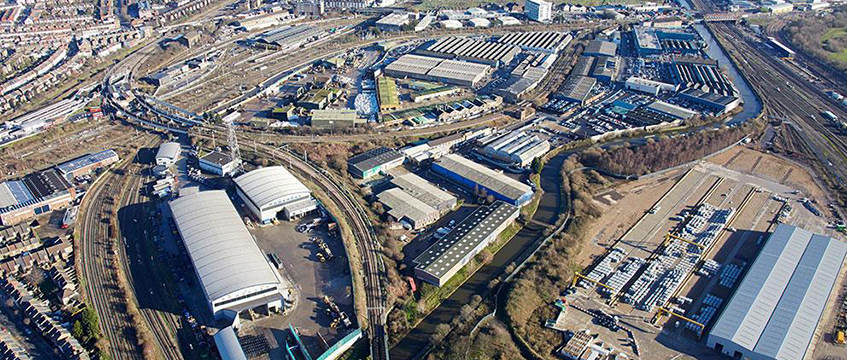OPDC seeks new funds to unlock £250m grant
The leaders of the development agency responsible for a £26bn regeneration in west London said it needs extra funds to help unlock its £250m government grant.
Board members from the Old Oak and Park Royal Development Corporation told the London Assembly it will require additional finance this year to meet the conditions of the grant.
The £250m Housing Infrastructure Fund grant requires that the OPDC has a local plan, which it hopes will be in place by early 2020.
The leaders of the development agency responsible for a £26bn regeneration in west London said it needs extra funds to help unlock its £250m government grant.
Board members from the Old Oak and Park Royal Development Corporation told the London Assembly it will require additional finance this year to meet the conditions of the grant.
The £250m Housing Infrastructure Fund grant requires that the OPDC has a local plan, which it hopes will be in place by early 2020.
OPDC chair Liz Peace said: “We are quite a long way from having a bankable pot of expenditure. This is going to lead us to an interesting problem because until we actually get the money we haven’t got the means to pay for the things we need to get the HIF bid progressing.”
The development corporation will look to the GLA, MHCLG, Homes England and private and public partners to front finance for the 1,600-acre redevelopment in the interim.
Interim chief executive David Lunts said: “If you look at those cash flows, the fact that HIF is capped at £250m and the GLA’s meta position on borrowing and risk, then it does look to me that we need to look pretty carefully at whether we need some third-party sharing of that risk and additional investment.
“That may require some public sector support as well. There are various investment funds that can potentially be tapped.”
Lunts said he could not put a figure on the amount needed because the OPDC was evaluating its procurement strategy, exploring the option of joint ventures with partners such as Network Rail, as opposed to direct land acquisitions to reduce the risk.
He noted that the GLA would be responsible for underwriting the £250m HIF bid and said significant further finance would be unlikely.
Lunts said: “If we are talking about potentially increasing the risk to the GLA into a figure of many hundreds of millions, then we are probably in a space we can’t go, given the LLDC [London Legacy Development Corporation], Crossrail and many other things.”
In December 2018, the GLA provided £2.3m in emergency funding to support the OPDC and enable the HIF bid submission.
Peace said the OPDC would meet with London mayor Sadiq Khan in the coming weeks, but she added: “The mayor is, not surprisingly, cautious about committing additional funding to something where there is an element of political uncertainty over which we have absolutely no control.”
Development is reliant on the opening of HS2, expected in 2026, connecting the first 10,000 homes in phase one at Oaklands North with the city centre. However, the future of HS2 is still not determined and vulnerable to political priorities.
Peace said: “The discussions with the GLA, our funders and potentially other funders are going to be absolutely key to ensuring that we can actually start delivering the first phase.”
To send feedback, e-mail emma.rosser@egi.co.uk or tweet @EmmaARosser or @estatesgazette











